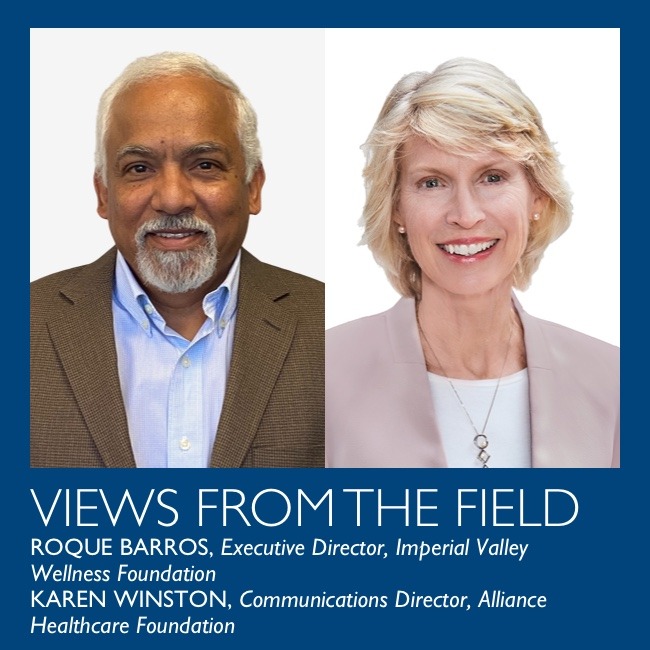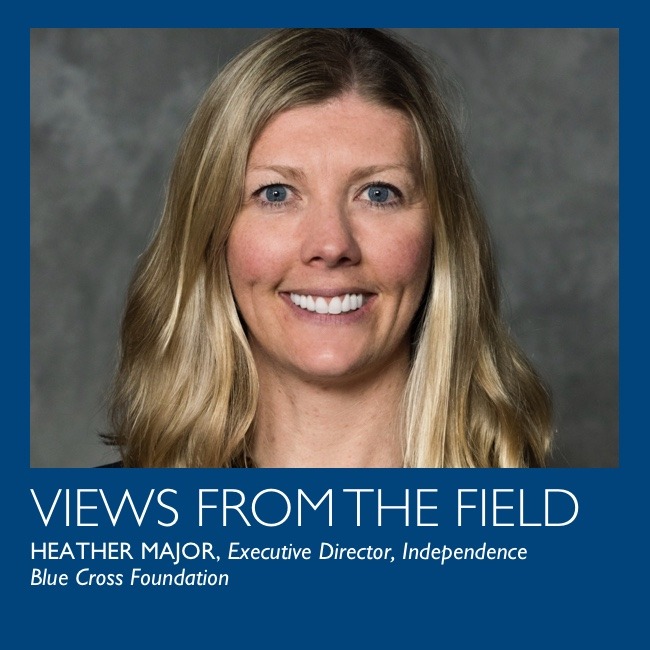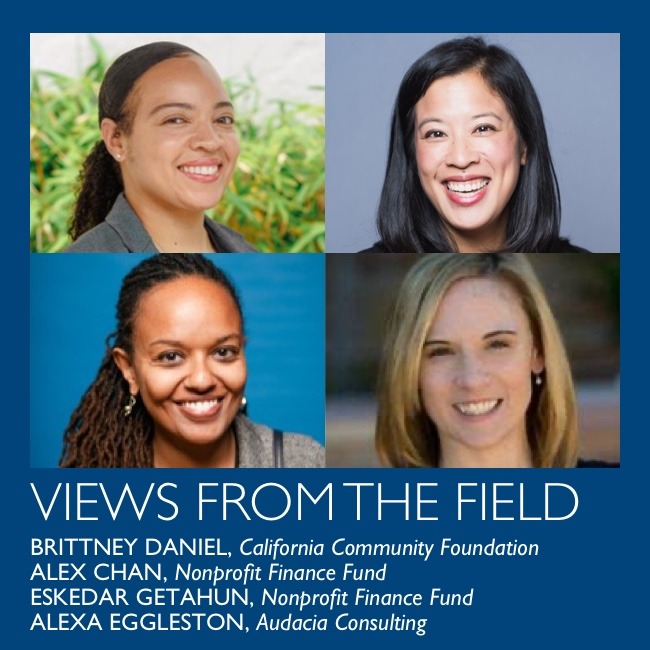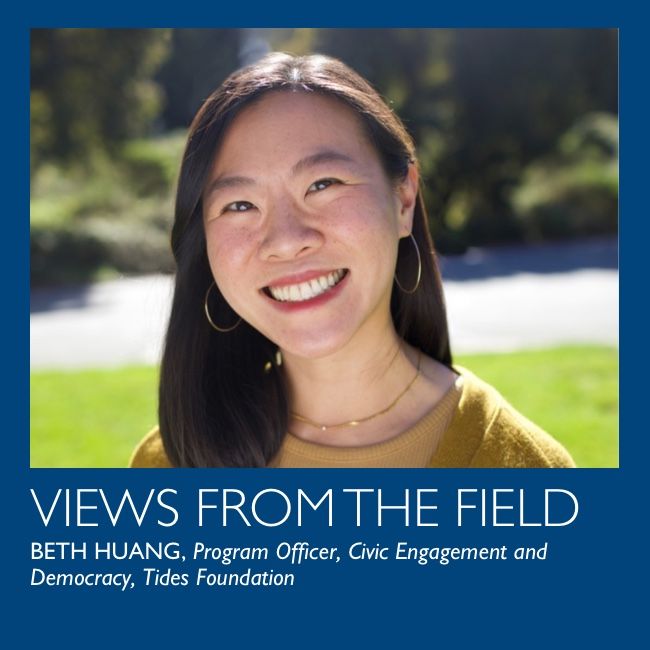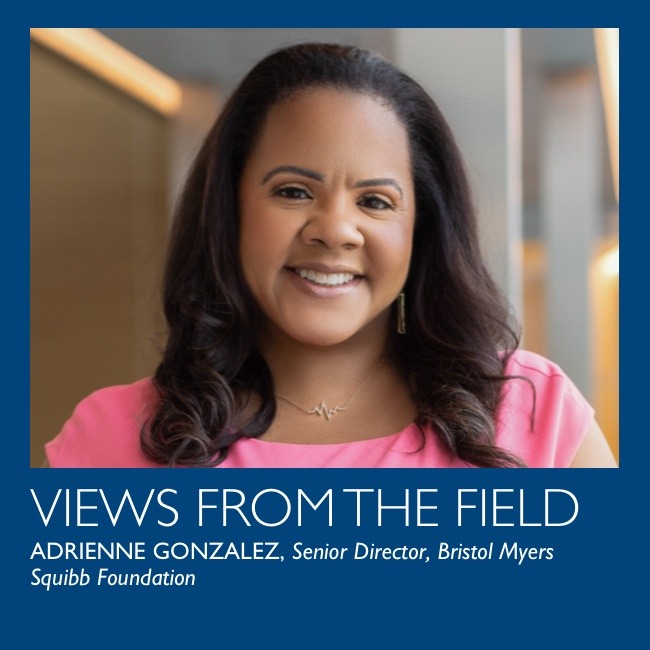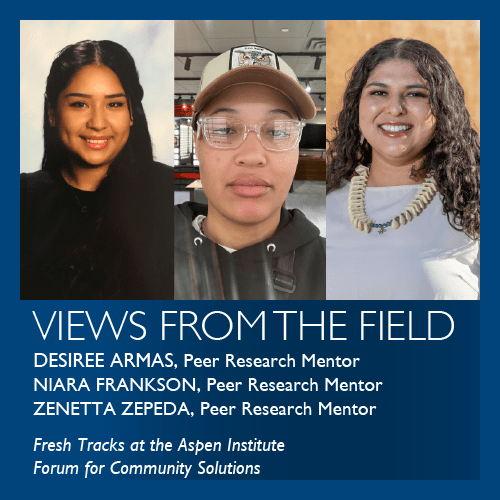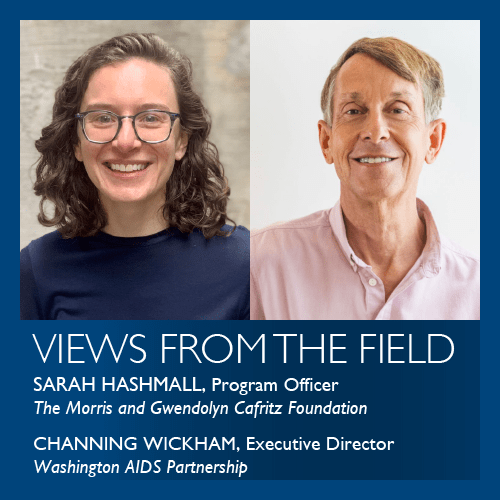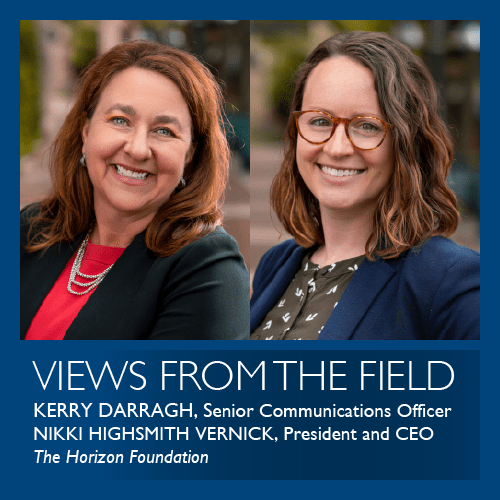Expanding Youth Mental Health in Philadelphia Schools
Youth in the United States are in crisis. Rates of depression and anxiety in children have been on the rise, the result of factors like social media, pandemic related issues like isolation, and trauma from gun violence and poverty. Between 2016 and 2020, diagnoses of depression in youth ages 3-17 increased by nearly 30 percent and were higher for children of color and LGBTQ children according to a 2022 study by the Agency for Healthcare Research and Quality.
A New Generation of Researchers: Hearing from Youth Leaders on Their Well-Being
Building upon a previous conversation with Juan Martinez of the Aspen Institute and Cynthia Weaver of The Annie E. Casey Foundation on their collaboration on the Youth and Young Adult Well-Being project, the following Q&A features three paid youth consultants who are leading the research initiative as the Youth and Young Adult Well-Being core team. Each team member represents a different cultural affinity group in the well-being project: Desiree Armas from Latine Bienestar, Niara Frankson from Black Expressions of Well-Being, and Zenetta Zepeda from American Indian/Alaska Native.
Lessons from the Washington AIDS Partnership: How to Take Big Risks and Move Quickly to Drive Change
The Washington AIDS Partnership, a collaboration of grantmaking organizations with a mission of ending the HIV epidemic in the Greater Washington region, was founded in 1988 with the support of the Ford Foundation and 20 DC-area foundations. The organization’s charge was to make grants to the community as quickly as possible. At that time, Washington, DC had the fifth-highest HIV rate in the country, and the epidemic was out of control. As the city has made great progress reaching goals set in the DC Ends HIV Plan, the Washington AIDS Partnership determined in 2023 that its role in the fight to end the local epidemic was coming to an end. The organization will officially conclude its work in the first quarter of 2024.

